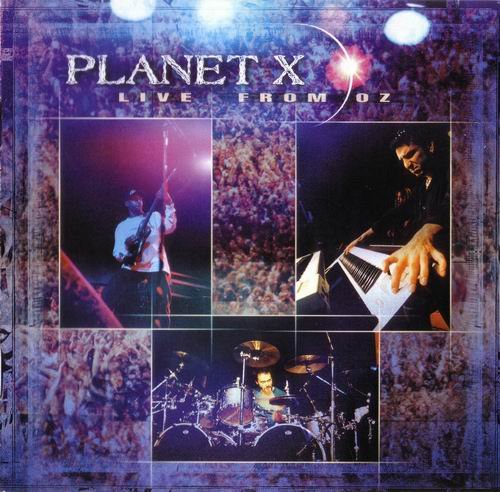Luisa Imorde - Bach & Kapustin: Moon Rainbow (2020) [Hi-Res]
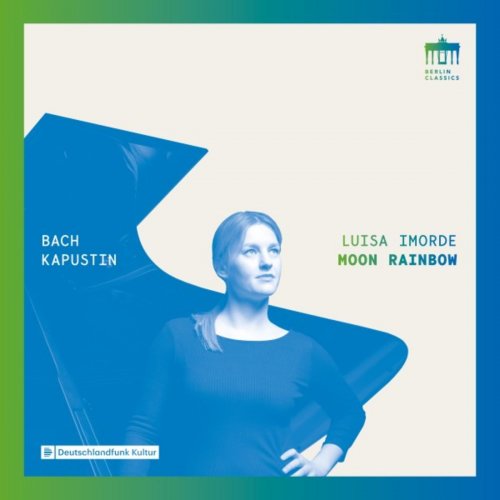
Artist: Luisa Imorde
Title: Bach & Kapustin: Moon Rainbow
Year Of Release: 2020
Label: Berlin Classics
Genre: Classical
Quality: FLAC (tracks) / 24bit-96kHz FLAC (tracks)
Total Time: 01:19:11
Total Size: 245 MB / 1.14 GB
WebSite: Album Preview
Tracklist:Title: Bach & Kapustin: Moon Rainbow
Year Of Release: 2020
Label: Berlin Classics
Genre: Classical
Quality: FLAC (tracks) / 24bit-96kHz FLAC (tracks)
Total Time: 01:19:11
Total Size: 245 MB / 1.14 GB
WebSite: Album Preview
1. Concerto in D Minor, BWV 974 after Marcello: I. Andante (2:44)
2. 24 Jazz Preludes, Op. 53: IV. Allegretto (1:30)
3. Concerto in D Minor, BWV 974 after Marcello: II. Adagio (3:29)
4. 24 Jazz Preludes, Op. 53: V. Largo (2:06)
5. Concerto in D Minor, BWV 974 after Marcello: III. Presto (4:15)
6. 8 Concert Studies, Op. 40: VI. Pastoral. Allegro moderato (2:38)
7. Pastorale in F Major, BWV 590: III. Andante cantabile (Arr. for Piano) (3:30)
8. 8 Concert Studies, Op. 40: III. Toccatina. Allegro (2:21)
9. Toccata in E Minor, BWV 914 (8:09)
10. 24 Jazz Preludes, Op. 53: IX. Lento (3:10)
11. Prelude and Fugue in C-Sharp Major, BWV 872 (3:44)
12. 24 Preludes and Fugues in B-Flat Minor, Op. 82: XXII. Allegretto. Grave (3:16)
13. Prelude and Fugue in B Major, BWV 892 (5:32)
14. 10 Inventions, Op. 73: IX. Lento (3:02)
15. Invention No. 6 in E Major, BWV 777 (4:10)
16. Sonatina, Op. 100 (3:56)
17. Concerto in D Major, BWV 972 after Vivaldi: I. Allegro (2:02)
18. Moon Rainbow, Op. 161 (5:47)
19. Concerto in D Major, BWV 972 after Vivaldi: II. Larghetto (2:47)
20. Contemplation, Op. 47 (6:21)
21. Concerto in D Major, BWV 972 after Vivaldi: III. Allegro (2:27)
22. 24 Jazz Preludes, Op. 53: XXIII. Moderato (2:24)
Pianist Luisa Imorde loves innovative combinations: following on from circus dances by Schumann and Widmann and the affair of honour between Woelfl and Beethoven, she now prepares to cast light on Johann Sebastian Bach and Nikolai Kapustin. This is an album whose spectrum ranges from Baroque counterpoint through to polyrhythmic jazz sounds.
They could hardly be further apart: Bach and Kapustin lived 250 years apart and on two different continents. One is the indisputable supremo of European classical music, the other a Ukrainian composer known only to a few aficionados in central Europe, someone who transforms musical jazz sequences into formal, classical structures. On Moon Rainbow they alternate. “There is no established listening convention for this. The result is a foundation of literally unheard sounds, which makes it possible to hear anew – so to speak – a familiar old piece by Bach in this new context,” explains Imorde. Nikolai Kapustin is hardly a household name, even in Europe. Born in 1937 in Horlivka in what was then the Ukrainian Soviet Socialist Republic, the composer and pianist began pouring improvisatory ideas into forms that were well known in the Baroque era. What he wrote sounded like virtuoso jazz, yet every single note, every accent and all the dynamics are clearly defined. Preludes, Fugues, Inventions – even at this level, everything ultimately leads to Bach. And what Luisa Imorde says of Kapustin can also be related to Bach: “I can’t remember when I played music that was more intelligently and humorously constructed. It is incredibly interlocked and so rhythmically multi-layered that I sometimes feel as if I need to split my head from my hands in order to follow every line, every voice.”
“I really like it when I can properly immerse myself in a topic.” Before making these recordings, Imorde was able to view Kapustin’s own manuscripts at his publisher, Schott. “I really get a kick out of that – and at the same time, it allows me to offer my listeners something they have never heard before.” So it was that she decided on the piece that would lend its name to the album: Moon Rainbow. She is the first pianist to ever record it. “In comparison to the other compositions by Kapustin, Moon Rainbow is very varied. The piece develops a very rich fabric of tonal colours. That too is why the title is so perfect for the work.” It did not take long for her to decide that the album itself should take that title; she figures that just as Kapustin is barely known, most people have no idea of the existence of moon rainbows, yet both are worth discovering. She wishes to encourage listeners to read between the lines: “When a piece by Bach dies away and a work by Kapustin begins, there is a magical moment, because just in that short space of time it’s not clear where the music will go next.”
They could hardly be further apart: Bach and Kapustin lived 250 years apart and on two different continents. One is the indisputable supremo of European classical music, the other a Ukrainian composer known only to a few aficionados in central Europe, someone who transforms musical jazz sequences into formal, classical structures. On Moon Rainbow they alternate. “There is no established listening convention for this. The result is a foundation of literally unheard sounds, which makes it possible to hear anew – so to speak – a familiar old piece by Bach in this new context,” explains Imorde. Nikolai Kapustin is hardly a household name, even in Europe. Born in 1937 in Horlivka in what was then the Ukrainian Soviet Socialist Republic, the composer and pianist began pouring improvisatory ideas into forms that were well known in the Baroque era. What he wrote sounded like virtuoso jazz, yet every single note, every accent and all the dynamics are clearly defined. Preludes, Fugues, Inventions – even at this level, everything ultimately leads to Bach. And what Luisa Imorde says of Kapustin can also be related to Bach: “I can’t remember when I played music that was more intelligently and humorously constructed. It is incredibly interlocked and so rhythmically multi-layered that I sometimes feel as if I need to split my head from my hands in order to follow every line, every voice.”
“I really like it when I can properly immerse myself in a topic.” Before making these recordings, Imorde was able to view Kapustin’s own manuscripts at his publisher, Schott. “I really get a kick out of that – and at the same time, it allows me to offer my listeners something they have never heard before.” So it was that she decided on the piece that would lend its name to the album: Moon Rainbow. She is the first pianist to ever record it. “In comparison to the other compositions by Kapustin, Moon Rainbow is very varied. The piece develops a very rich fabric of tonal colours. That too is why the title is so perfect for the work.” It did not take long for her to decide that the album itself should take that title; she figures that just as Kapustin is barely known, most people have no idea of the existence of moon rainbows, yet both are worth discovering. She wishes to encourage listeners to read between the lines: “When a piece by Bach dies away and a work by Kapustin begins, there is a magical moment, because just in that short space of time it’s not clear where the music will go next.”
Download Link Isra.Cloud>>>
Bach & Kapustin Moon Rainbow Hi-Res.rar - 1.1 GB
Bach & Kapustin Moon Rainbow FLAC.rar - 245.5 MB
Bach & Kapustin Moon Rainbow Hi-Res.rar - 1.1 GB
Bach & Kapustin Moon Rainbow FLAC.rar - 245.5 MB
![Rachel Kitchlew, SFJ - Flirty Ghost (2025) [Hi-Res] Rachel Kitchlew, SFJ - Flirty Ghost (2025) [Hi-Res]](https://www.dibpic.com/uploads/posts/2025-12/1765896408_qvf41hr1ljj8a_600.jpg)
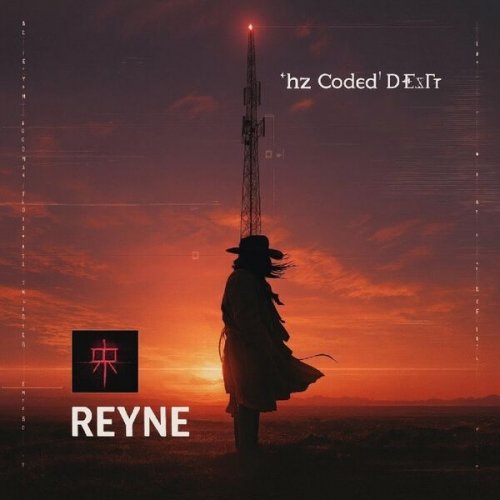
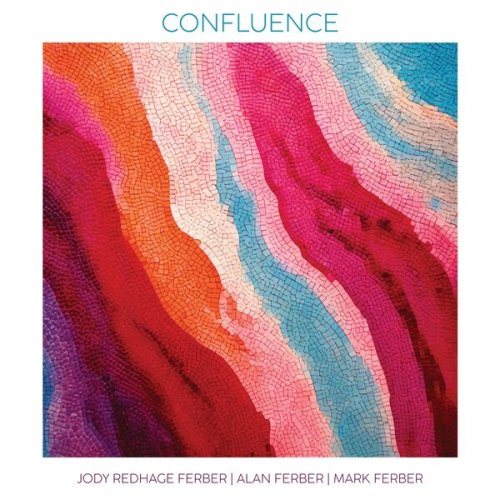
![Tomasz Stańko - Piece for Diana and Other Ballads (Polish Radio Sessions vol. 1/6) (2025) [Hi-Res] Tomasz Stańko - Piece for Diana and Other Ballads (Polish Radio Sessions vol. 1/6) (2025) [Hi-Res]](https://www.dibpic.com/uploads/posts/2025-12/1765788761_cover.jpg)
![NYO Jazz - Live in Johannesburg (Live) (2025) [Hi-Res] NYO Jazz - Live in Johannesburg (Live) (2025) [Hi-Res]](https://www.dibpic.com/uploads/posts/2025-12/1765894703_zwp14vk90corb_600.jpg)
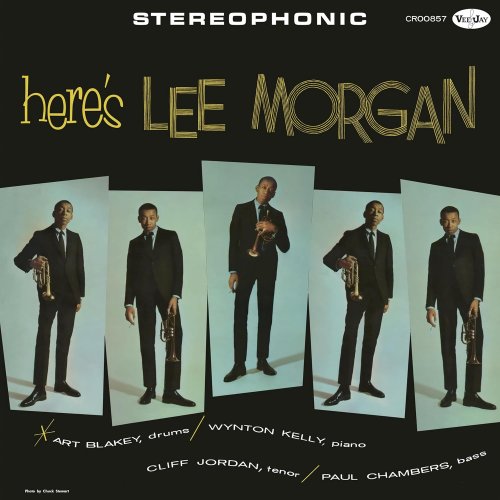

![Dave Holland - Emerald Tears (1977/2025) [Hi-Res] Dave Holland - Emerald Tears (1977/2025) [Hi-Res]](https://www.dibpic.com/uploads/posts/2025-12/1765891427_cover.jpg)
